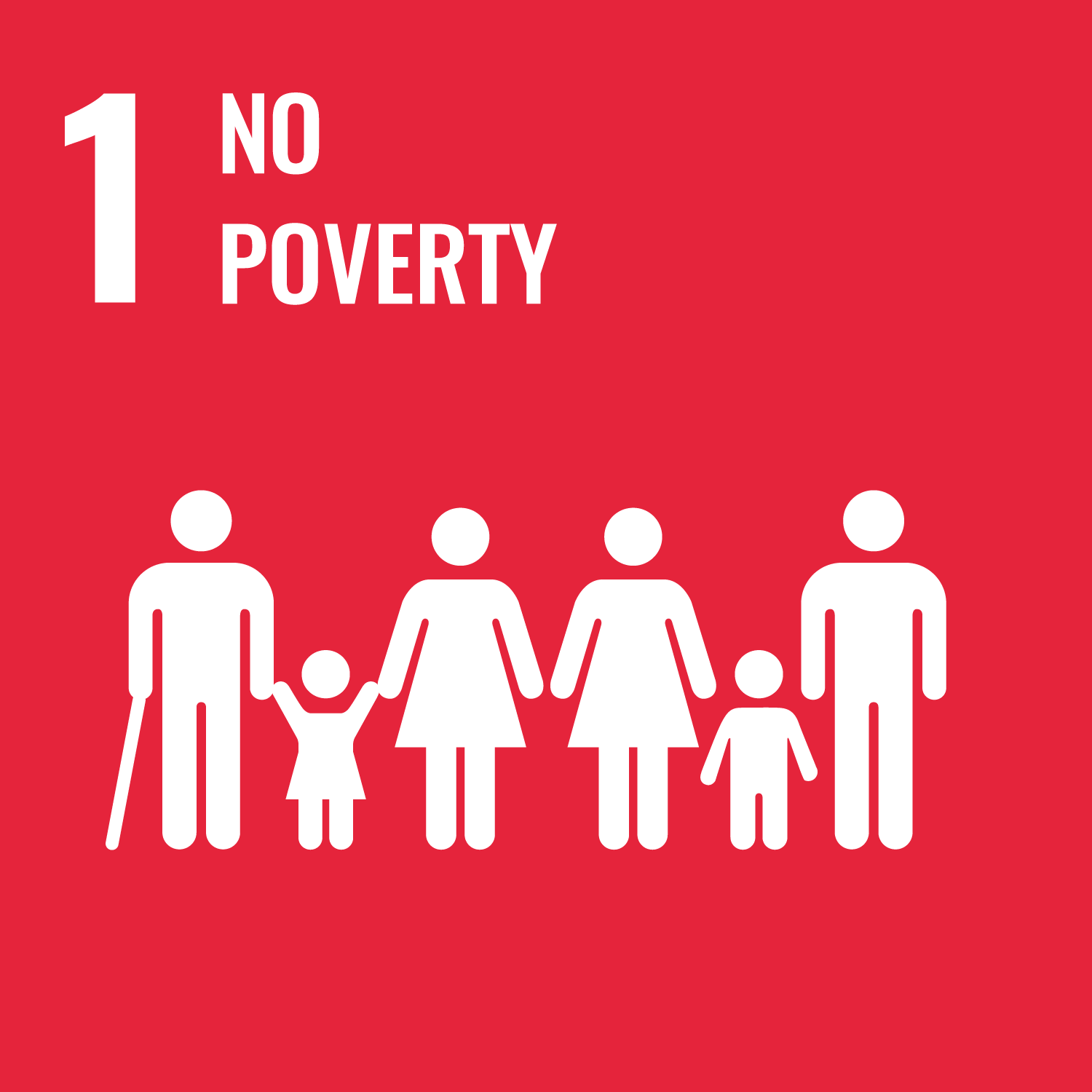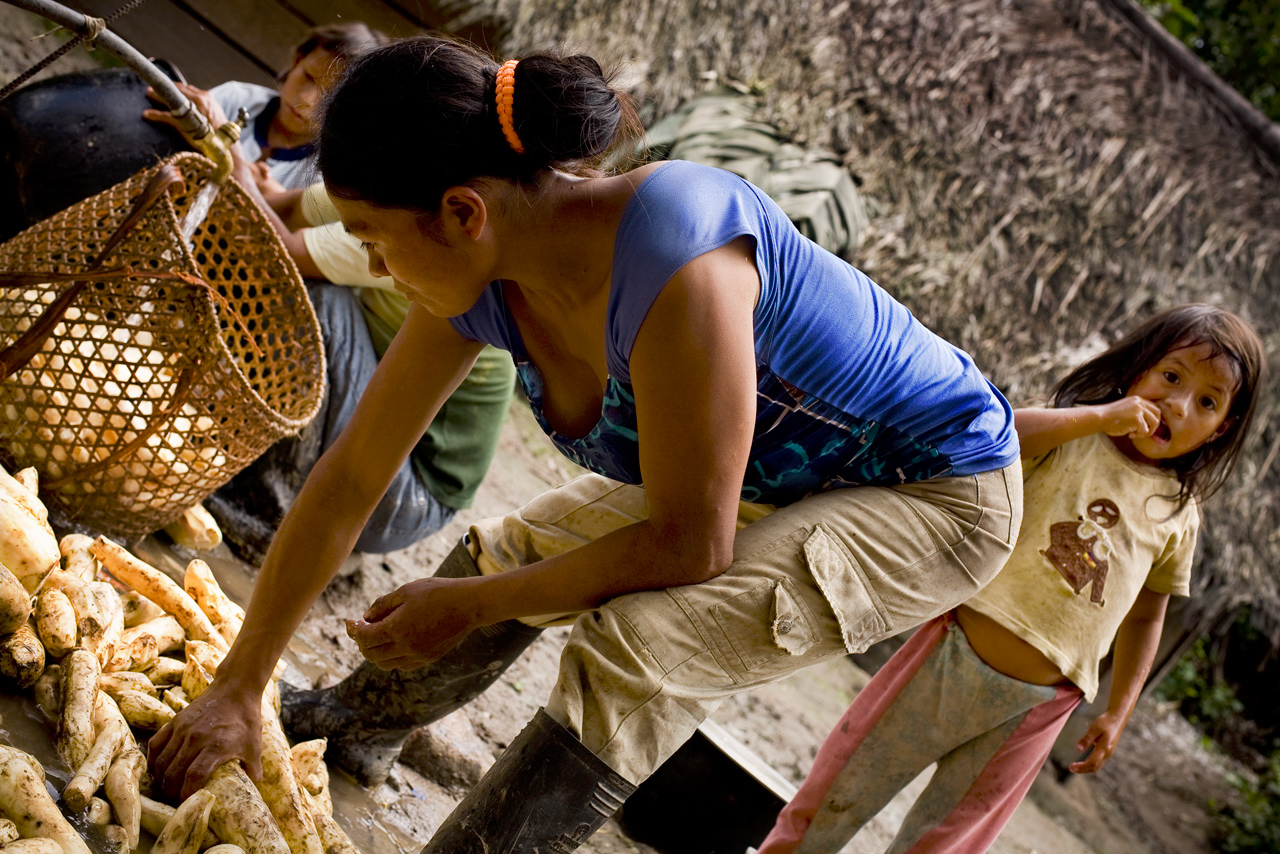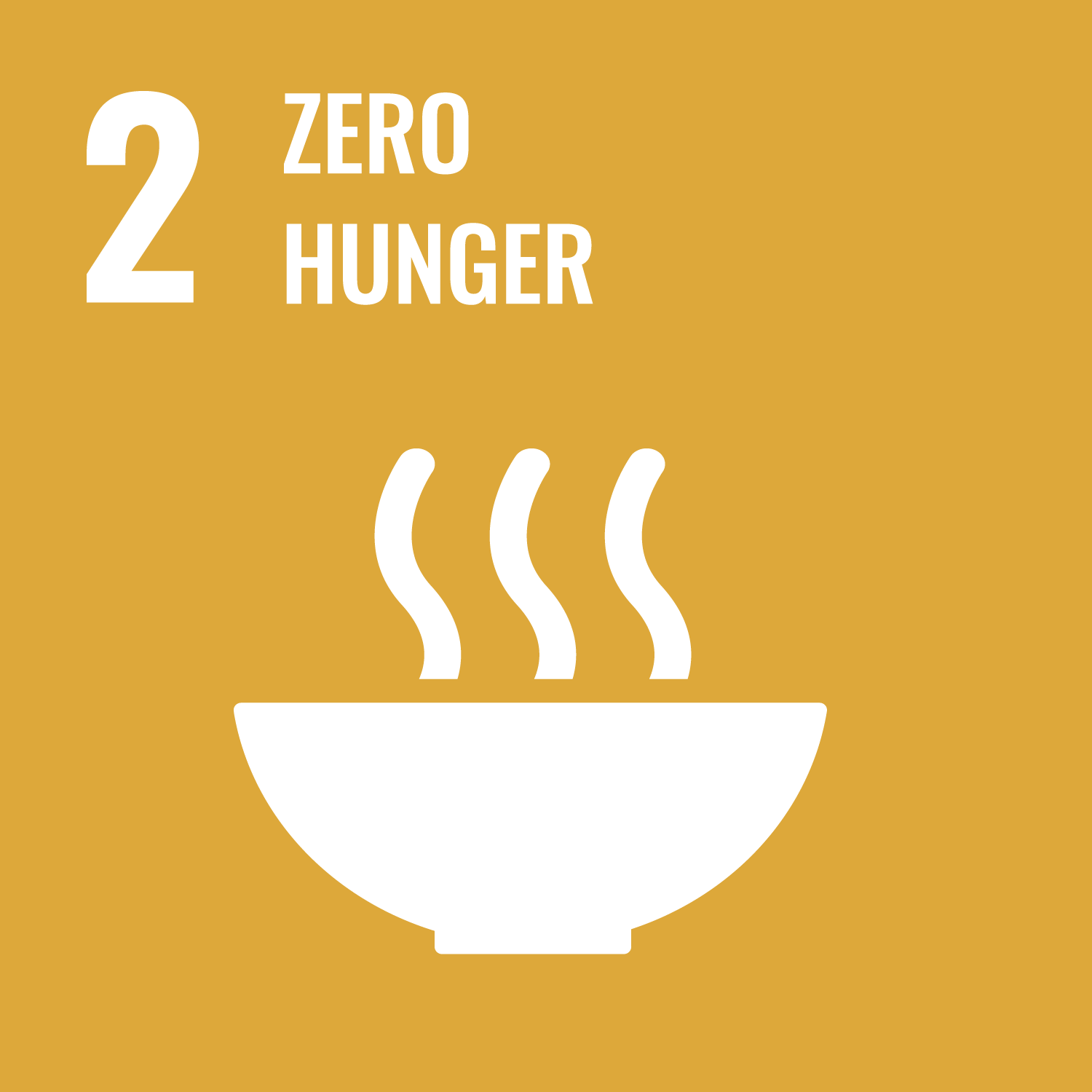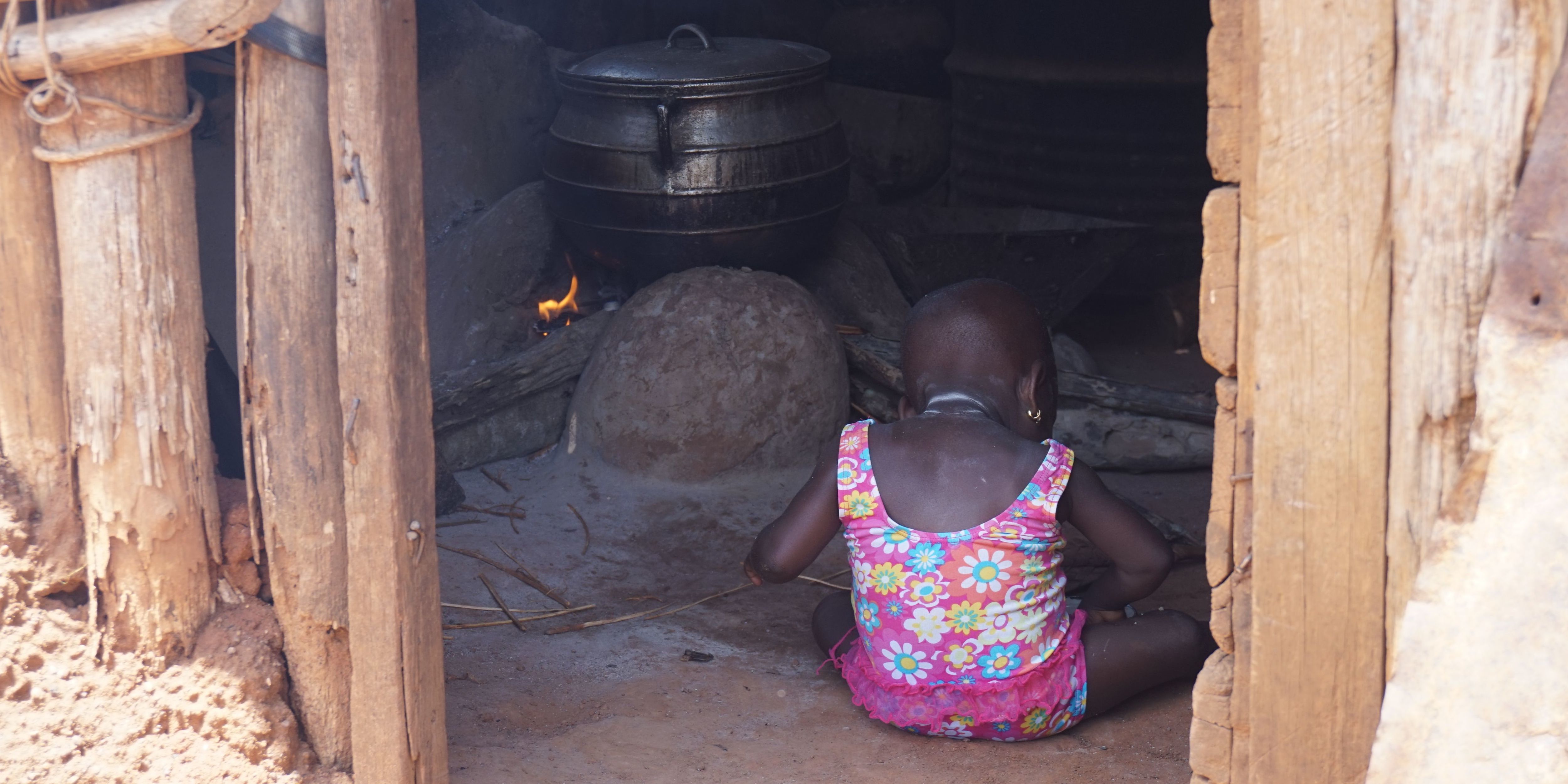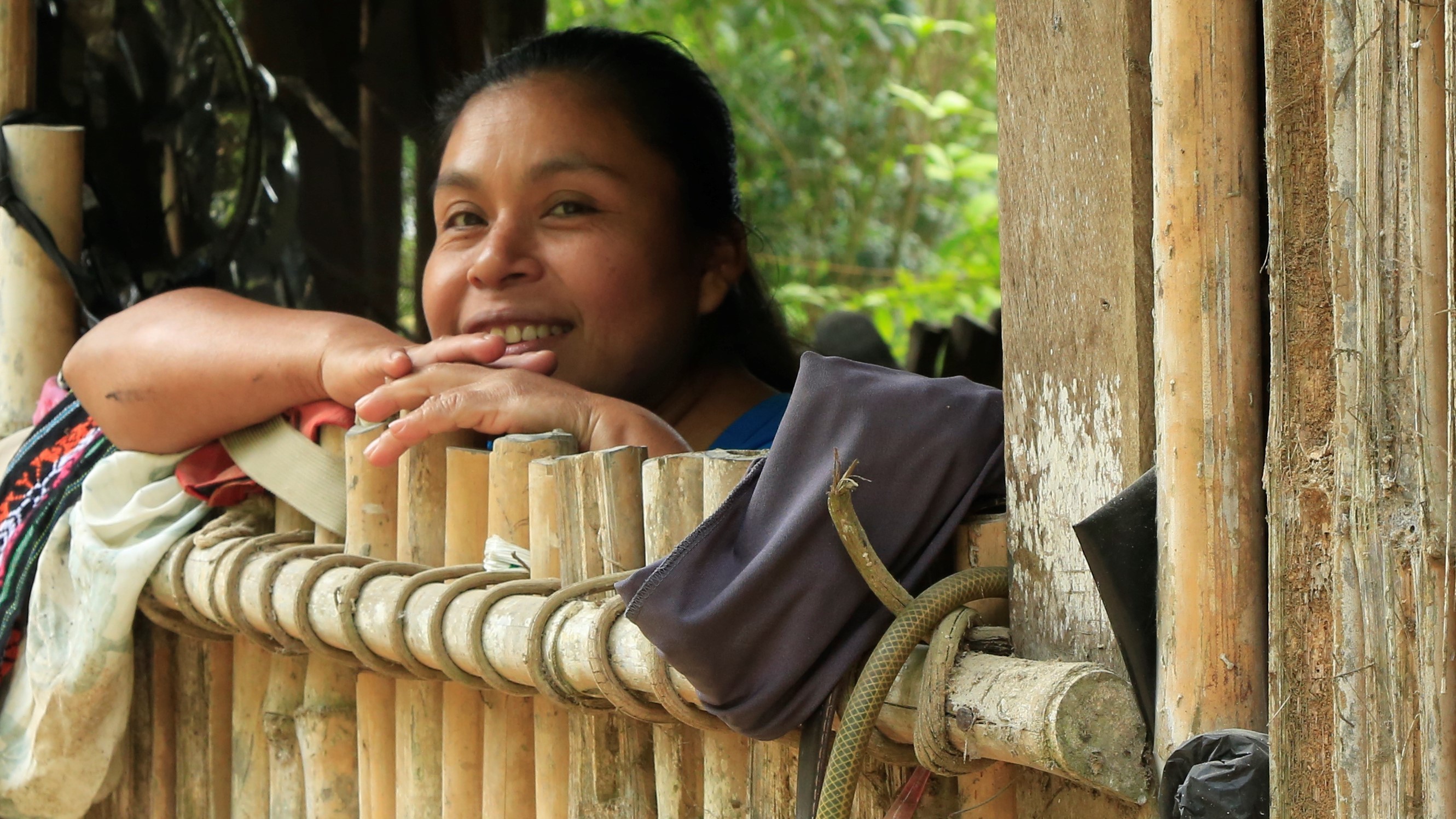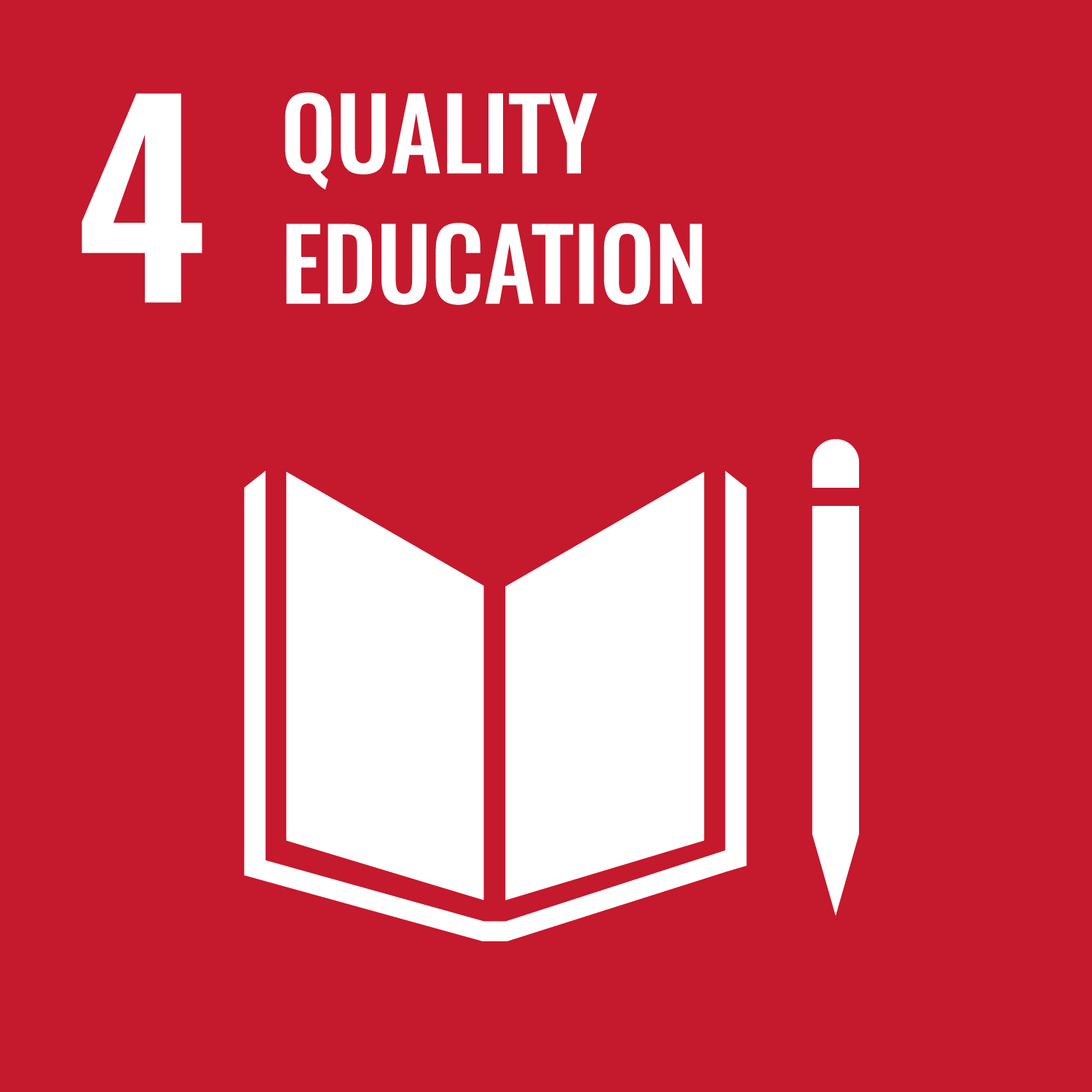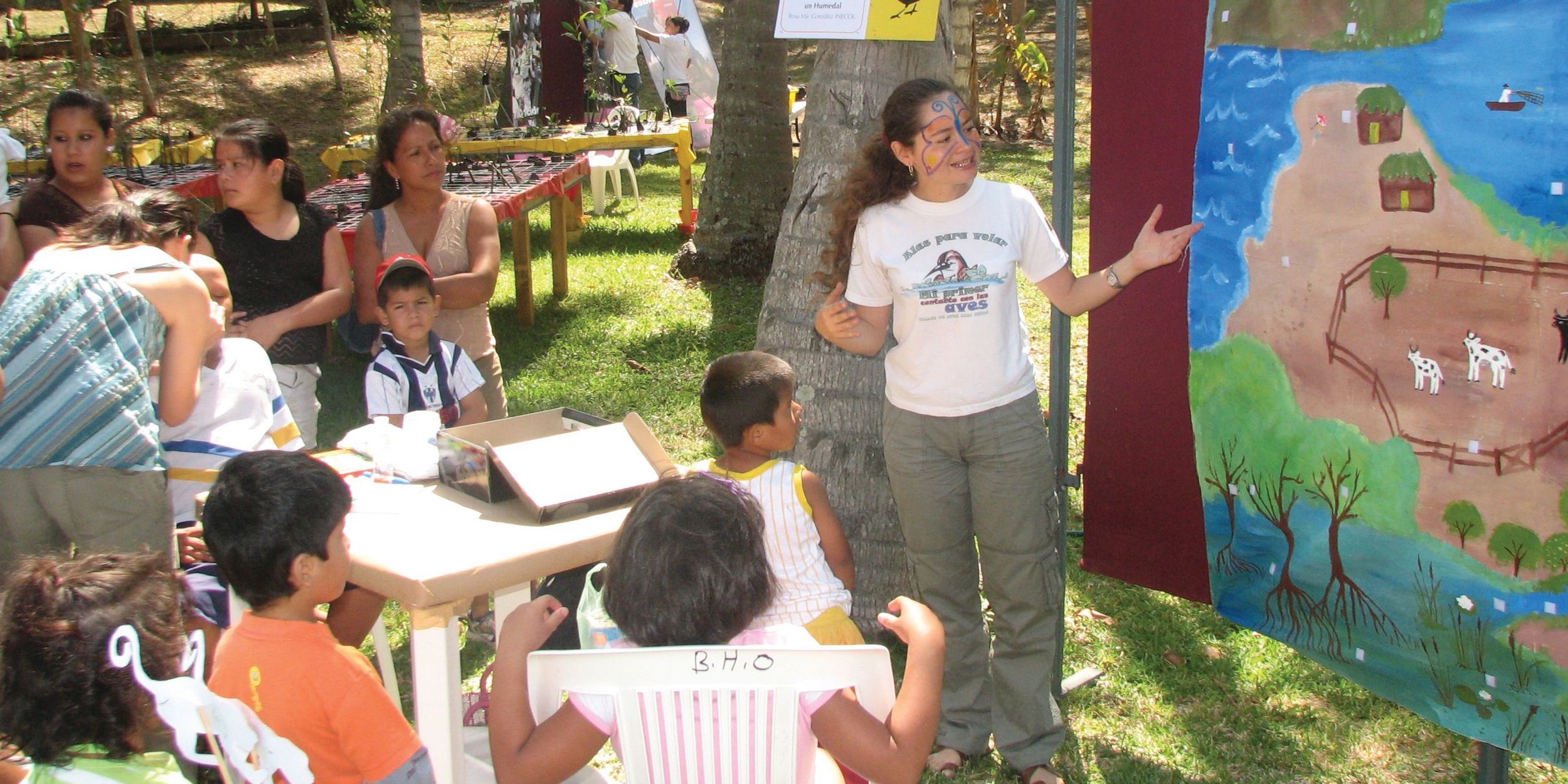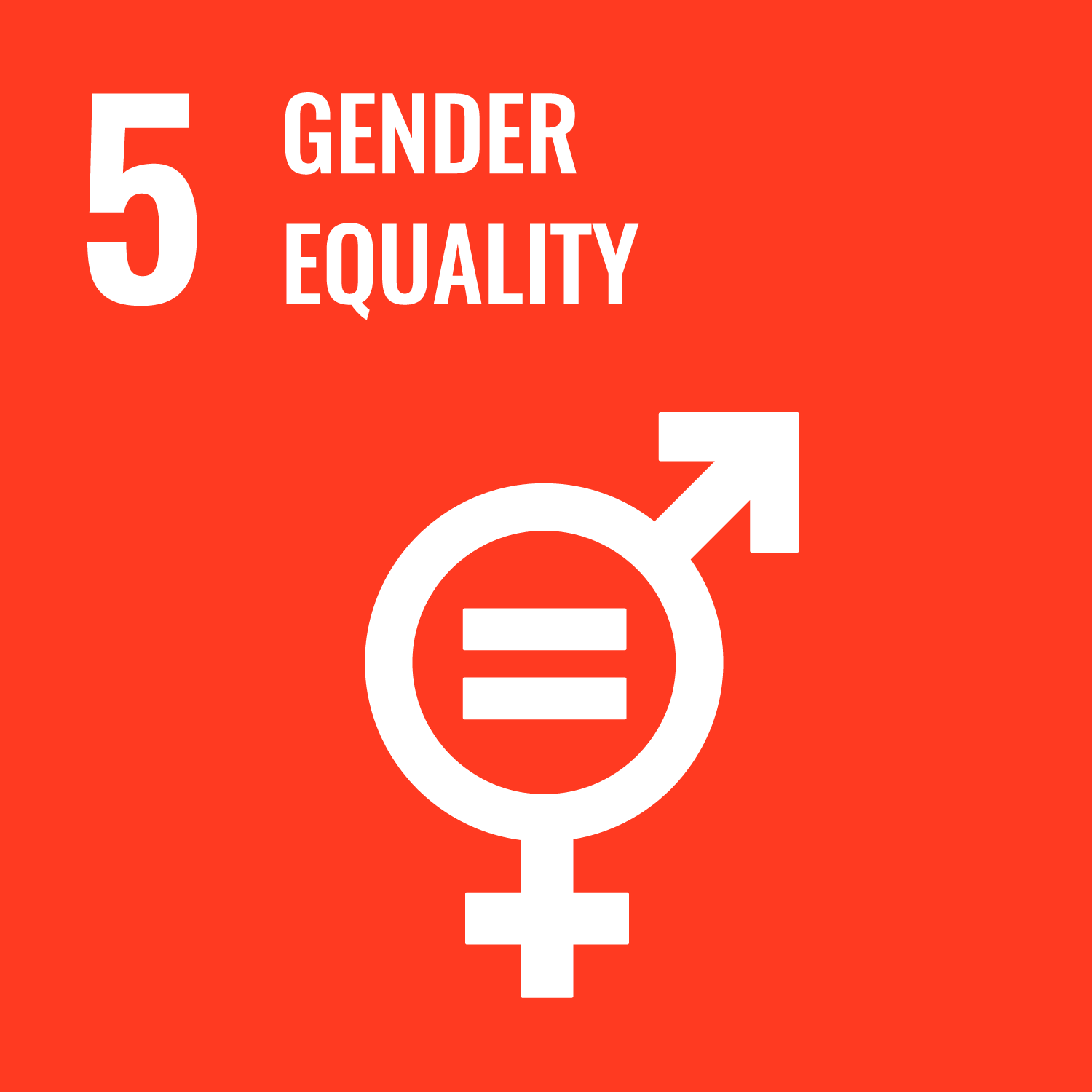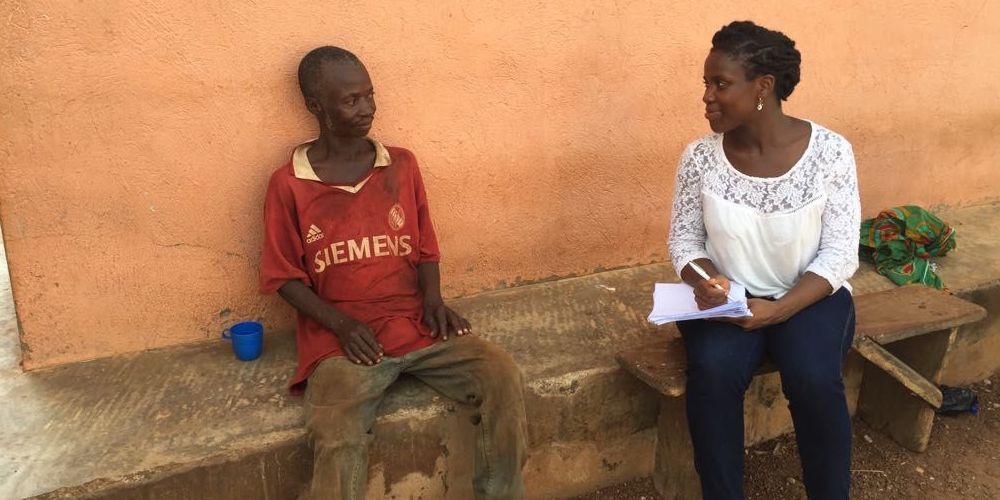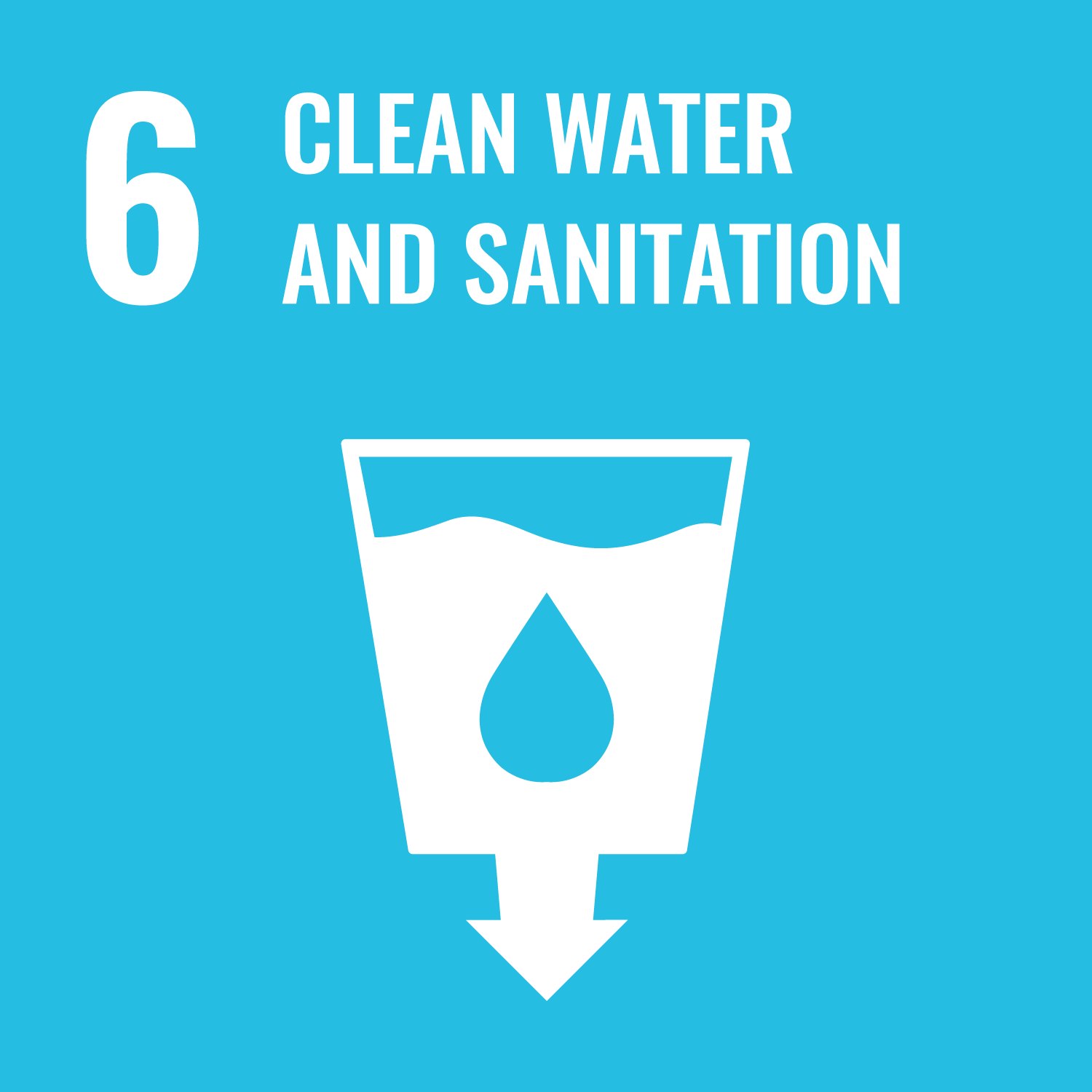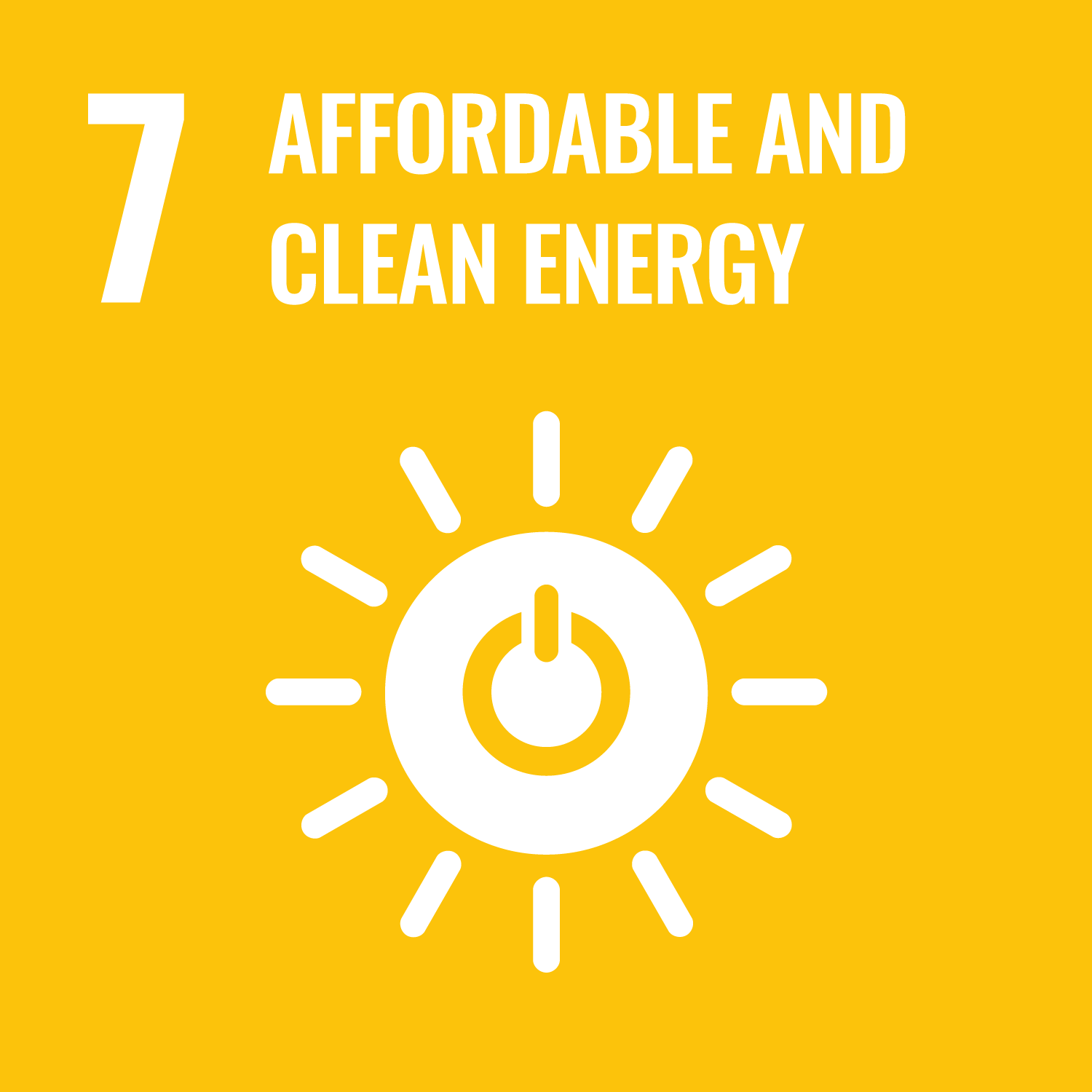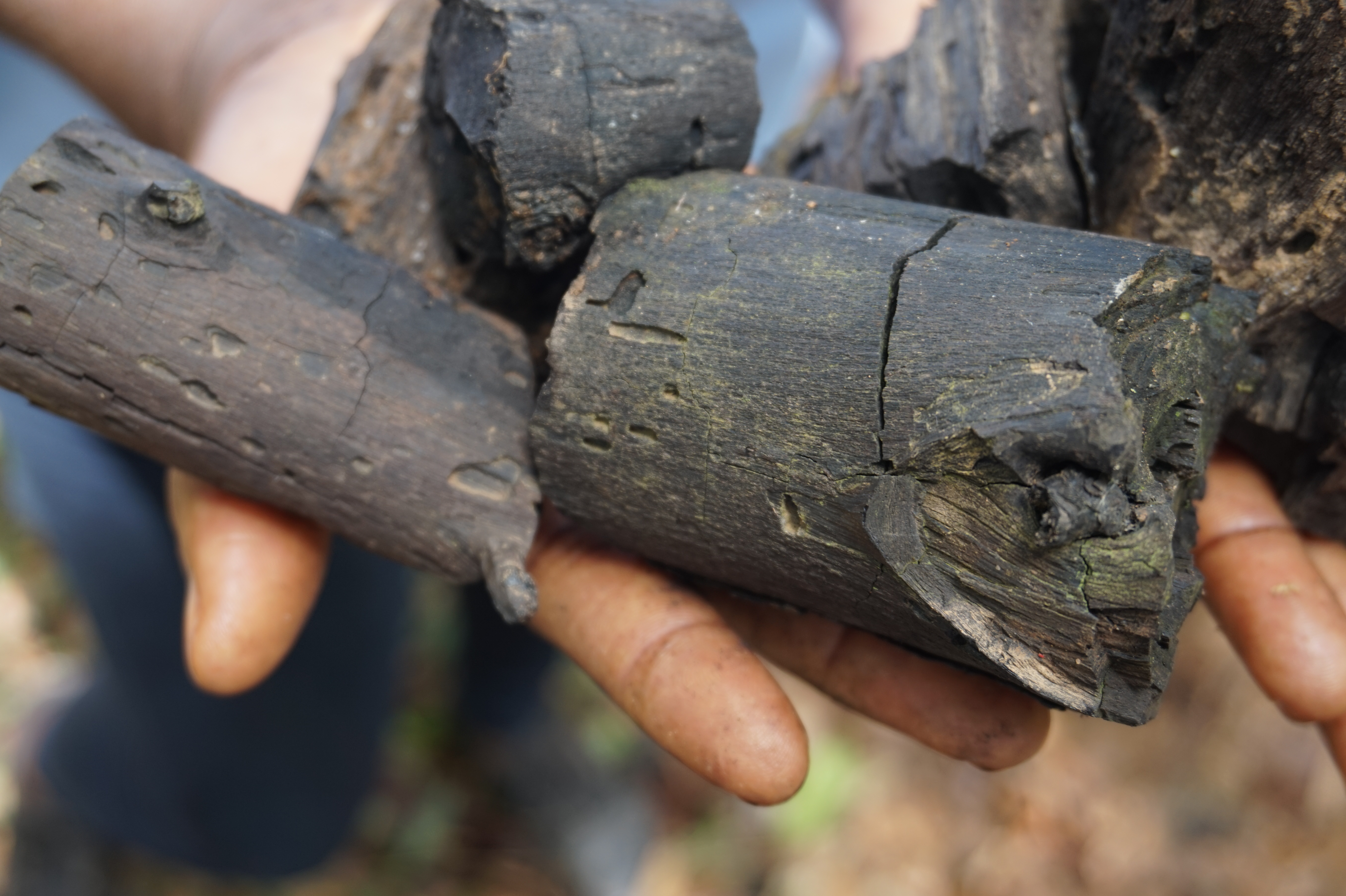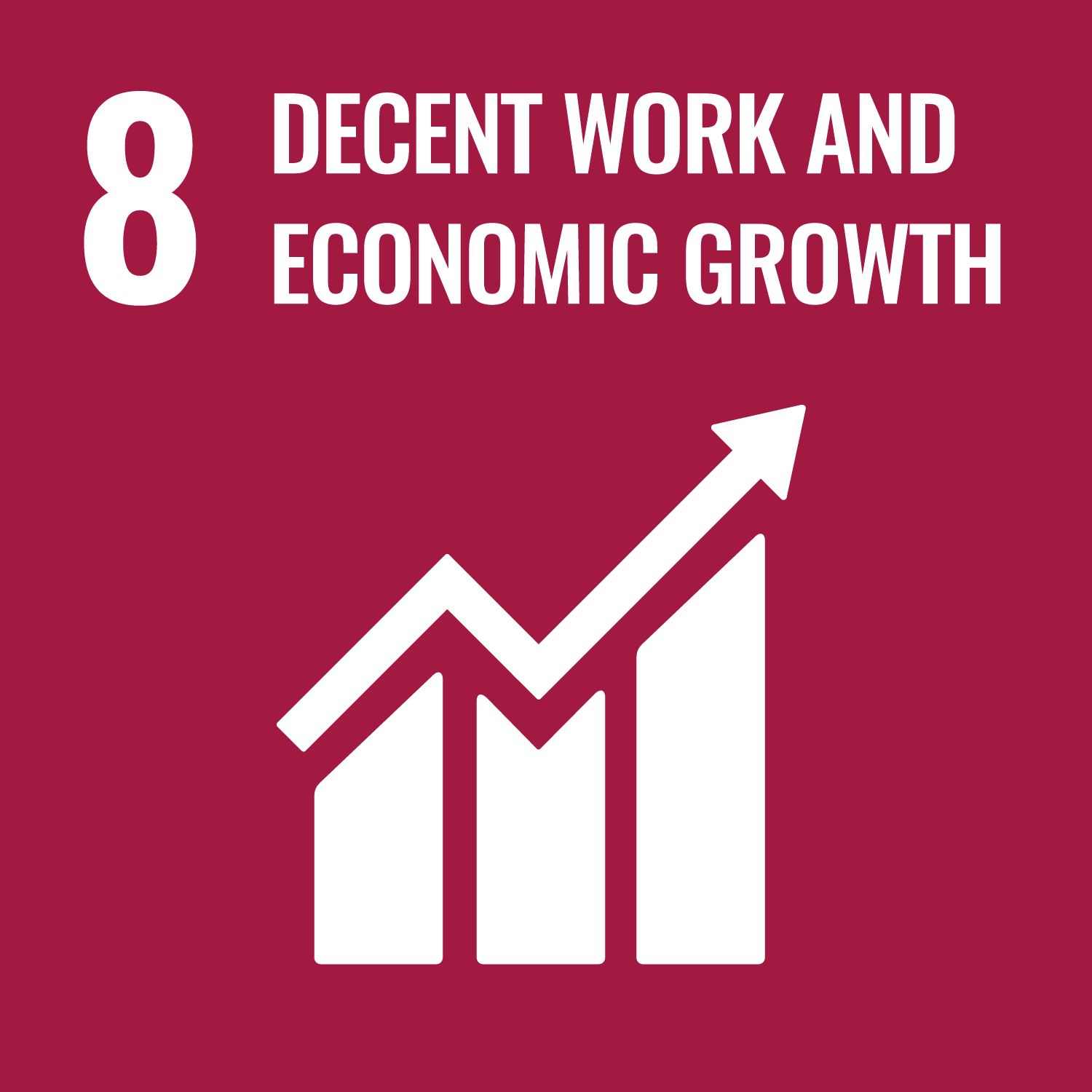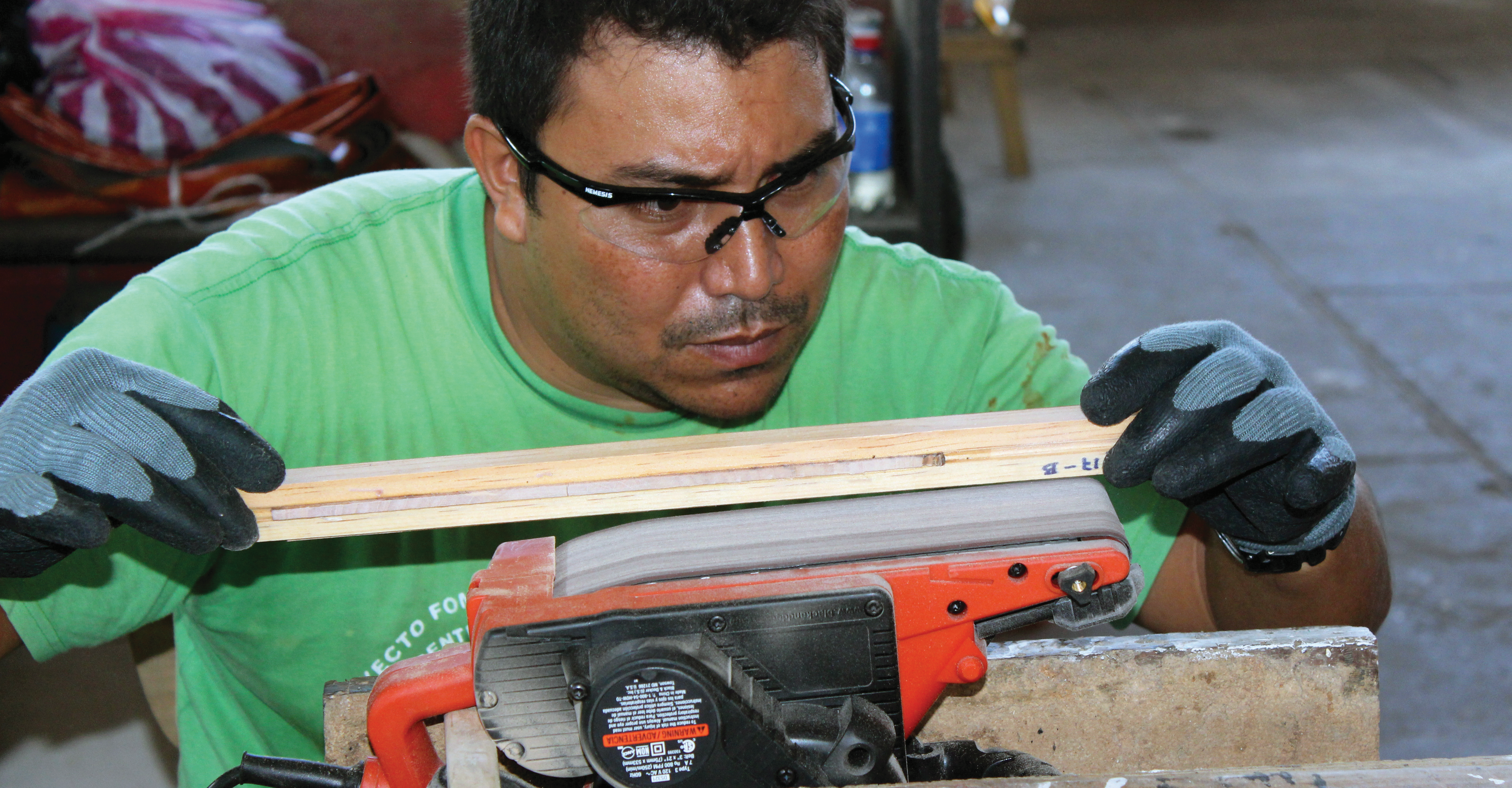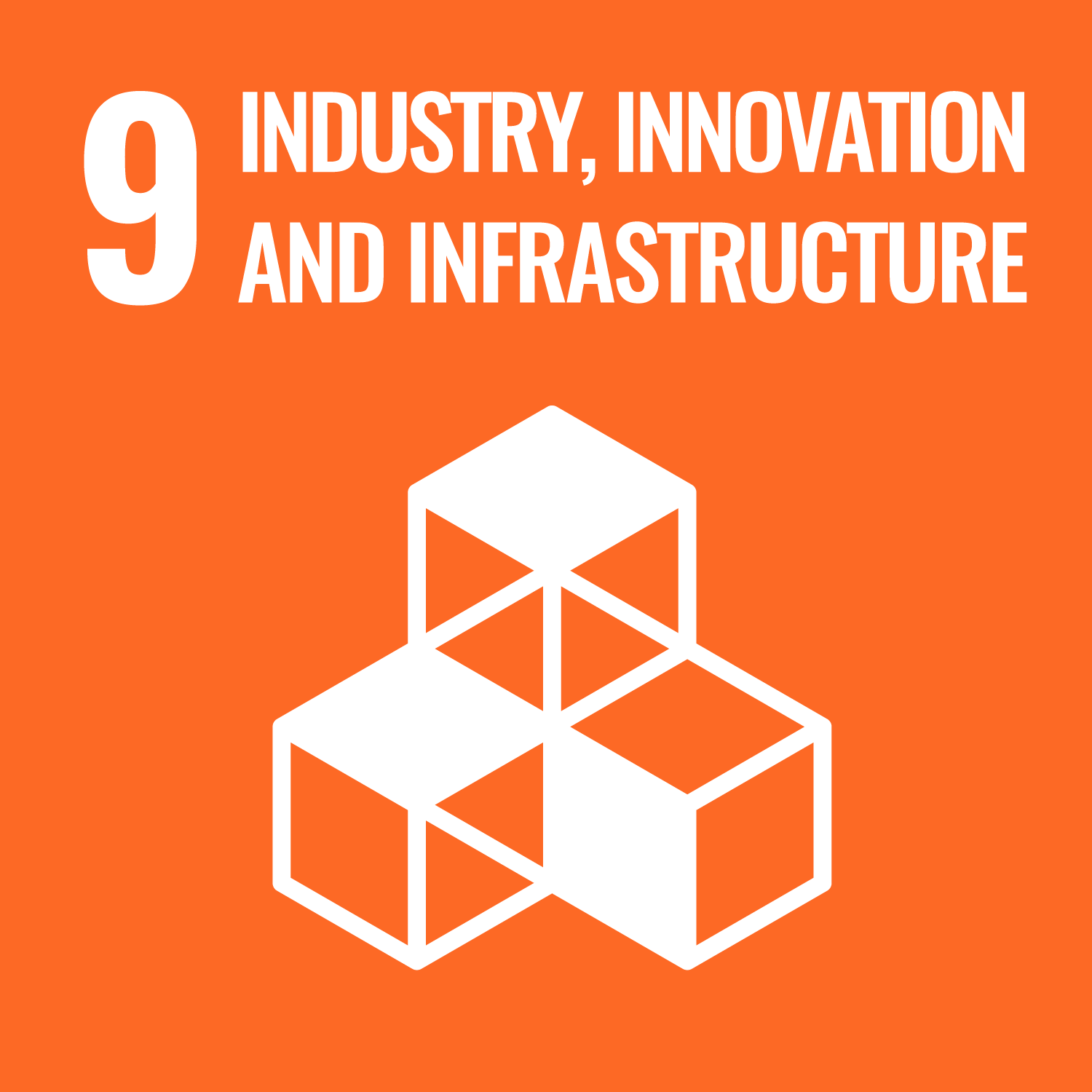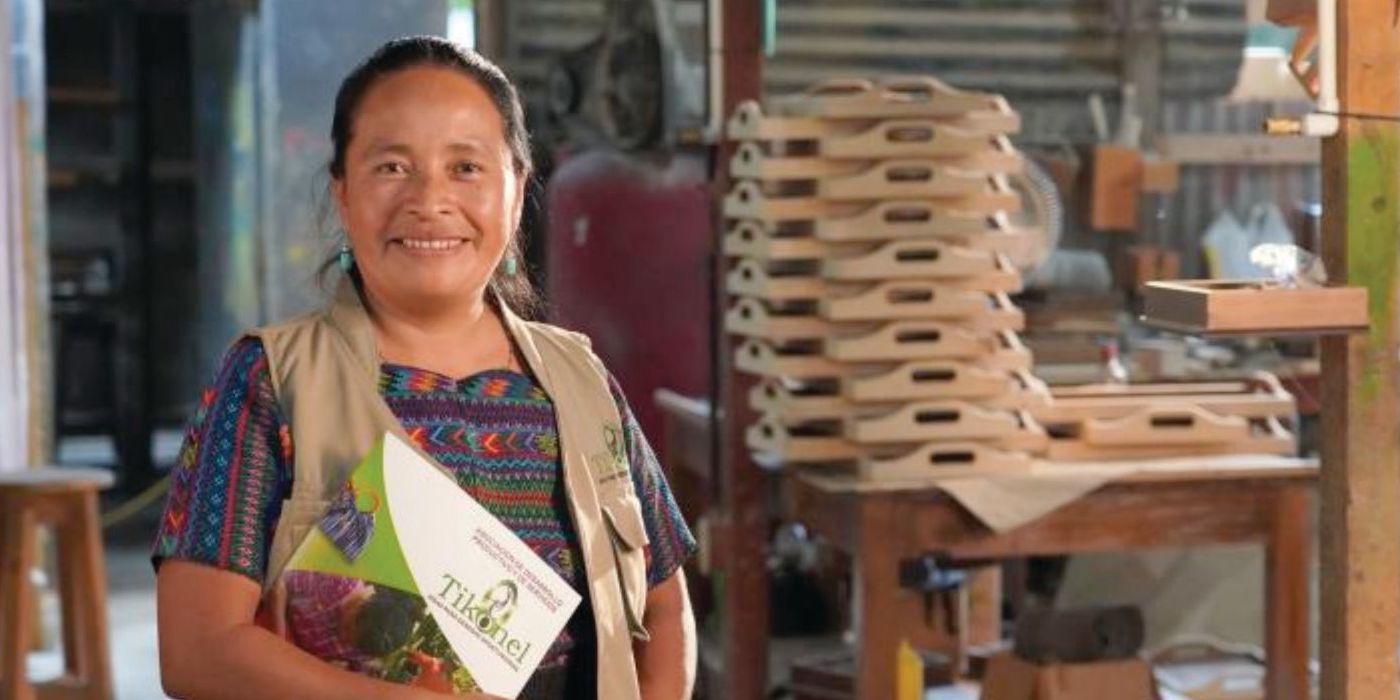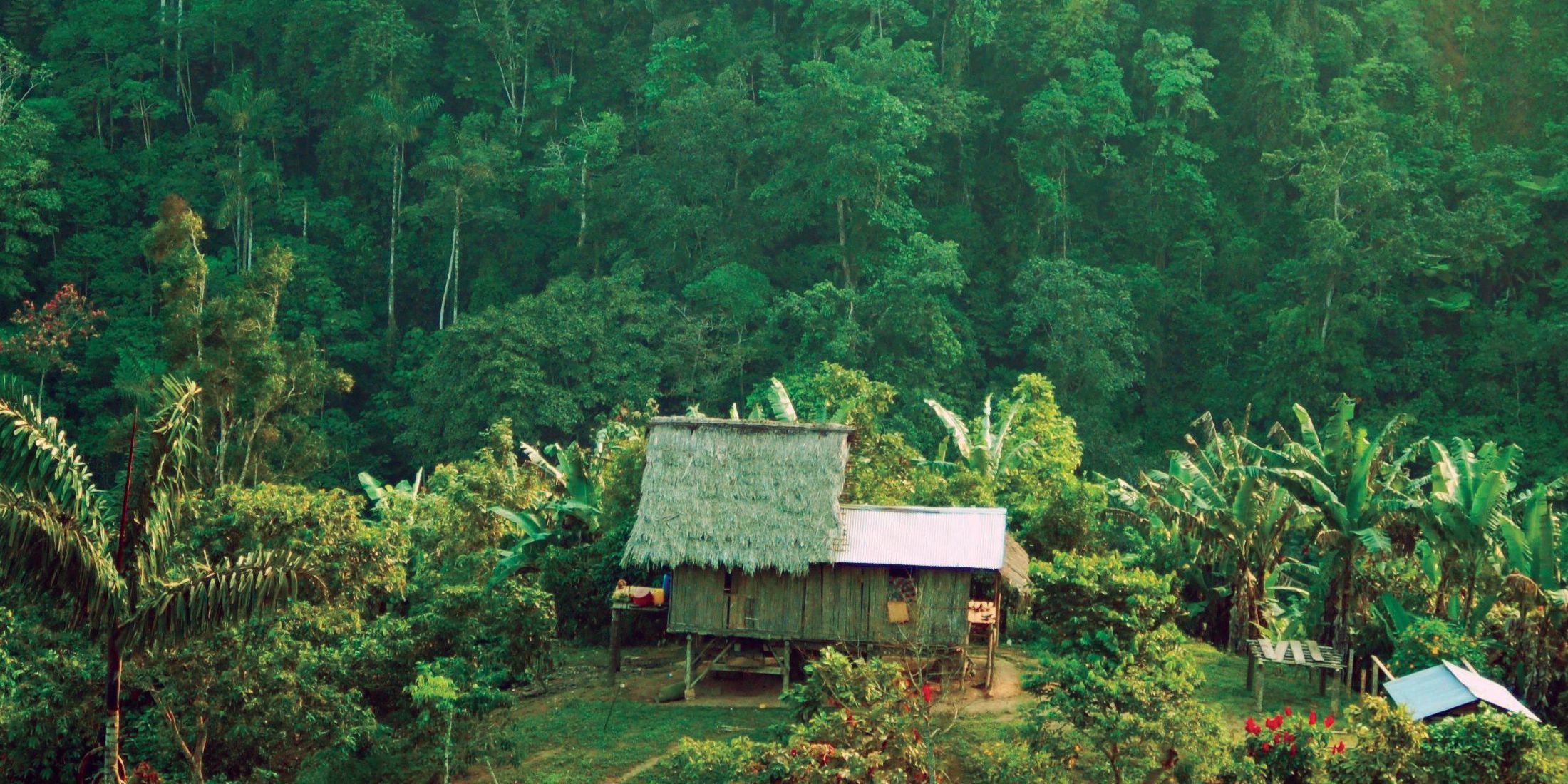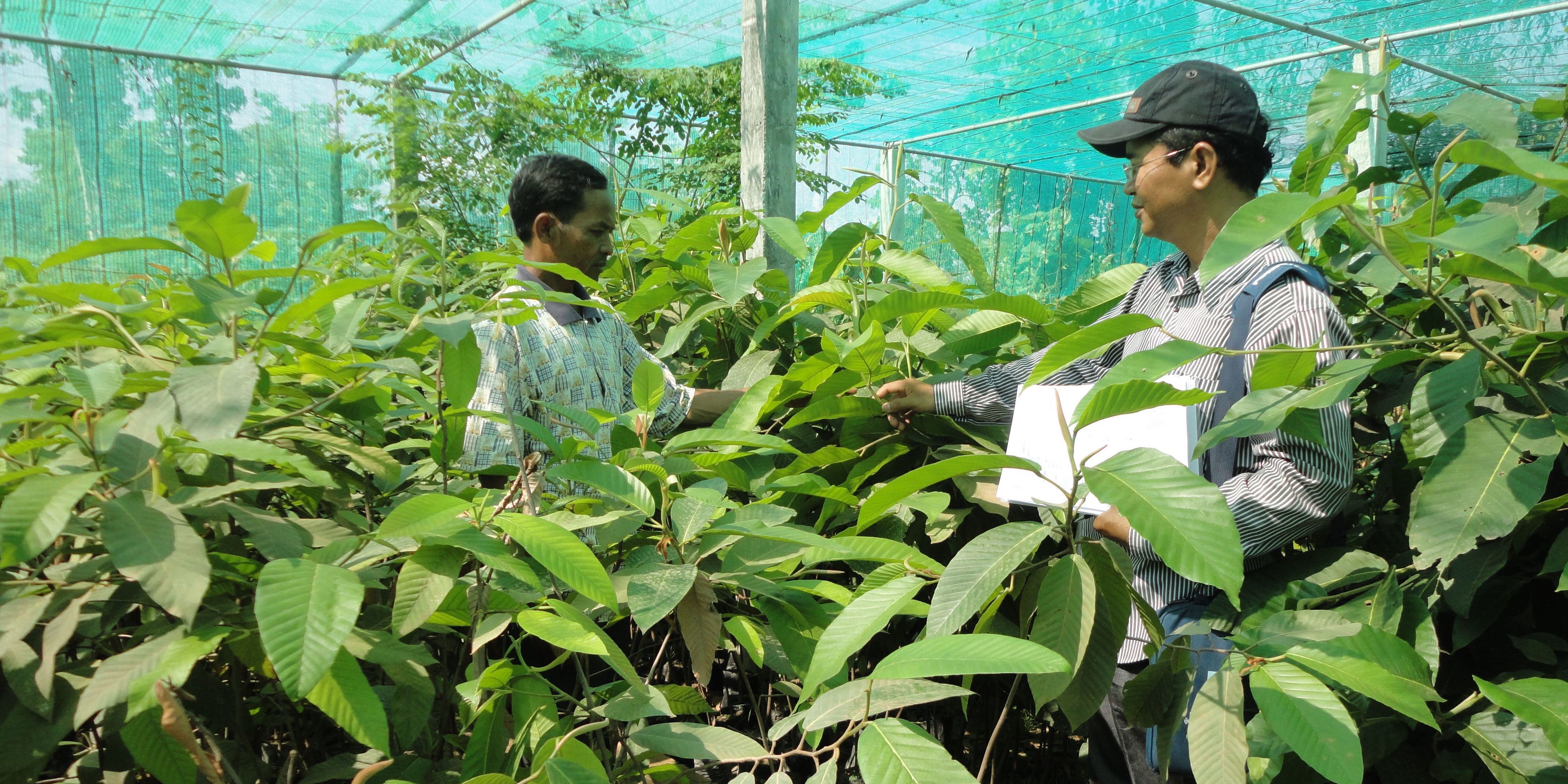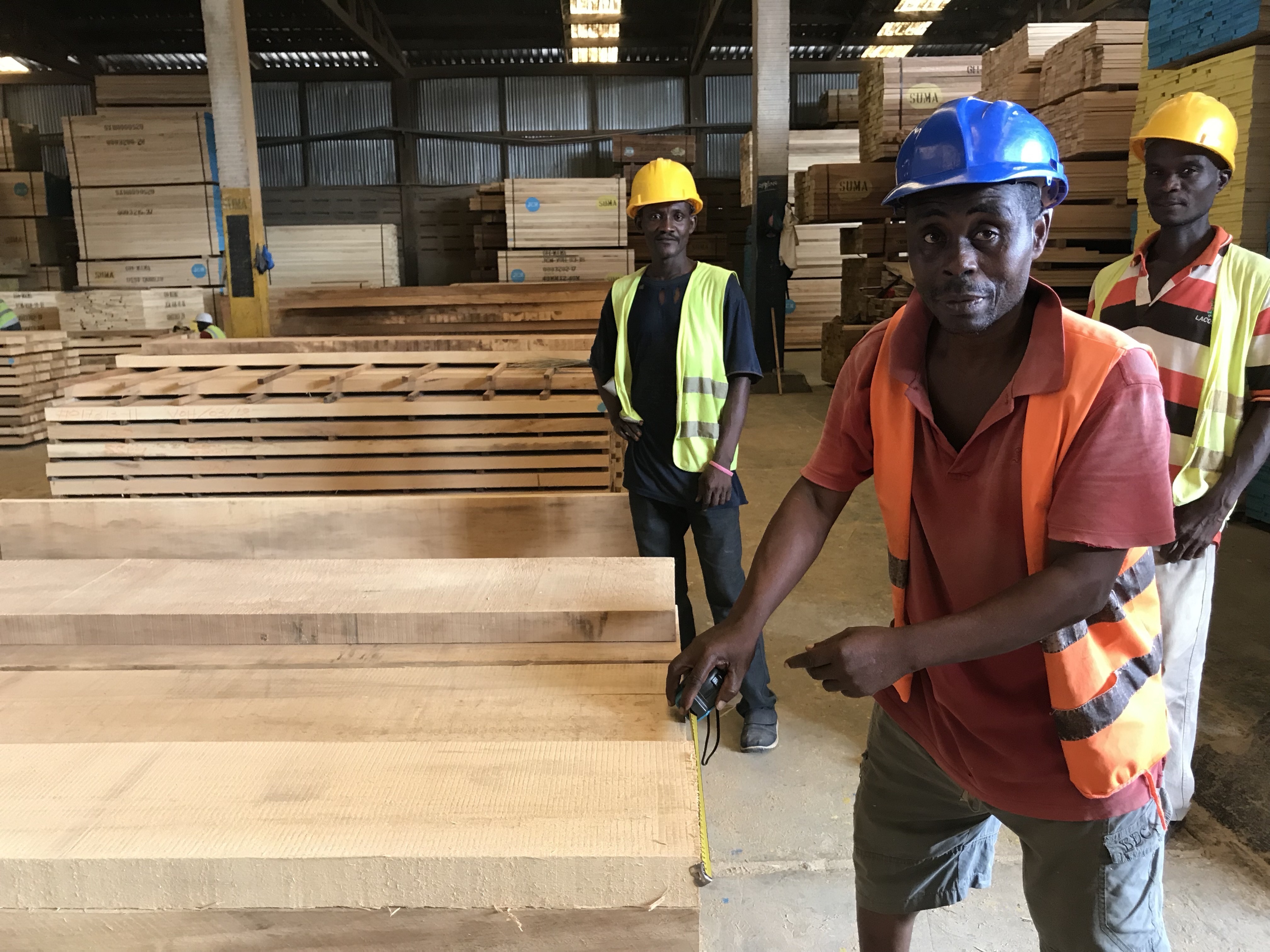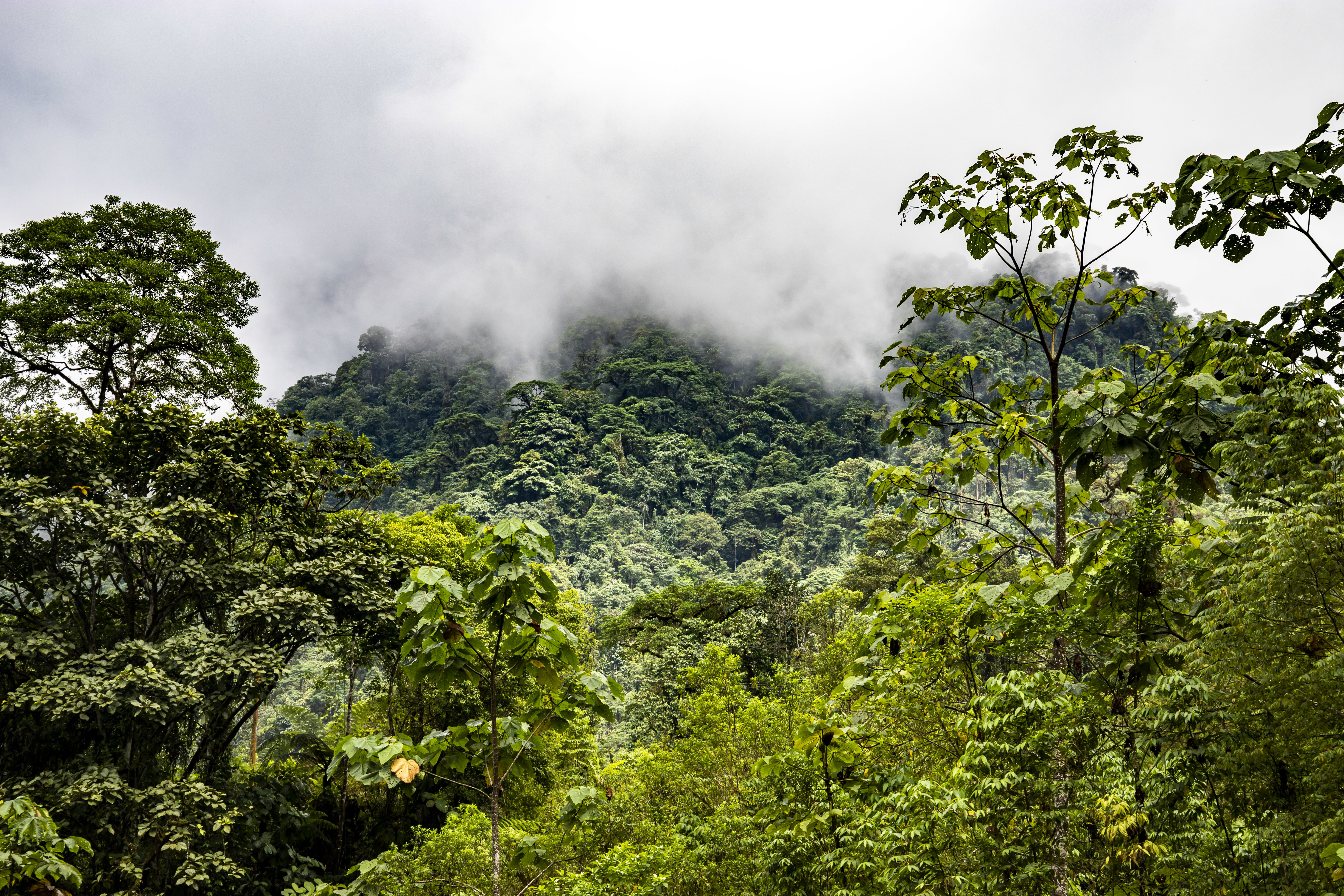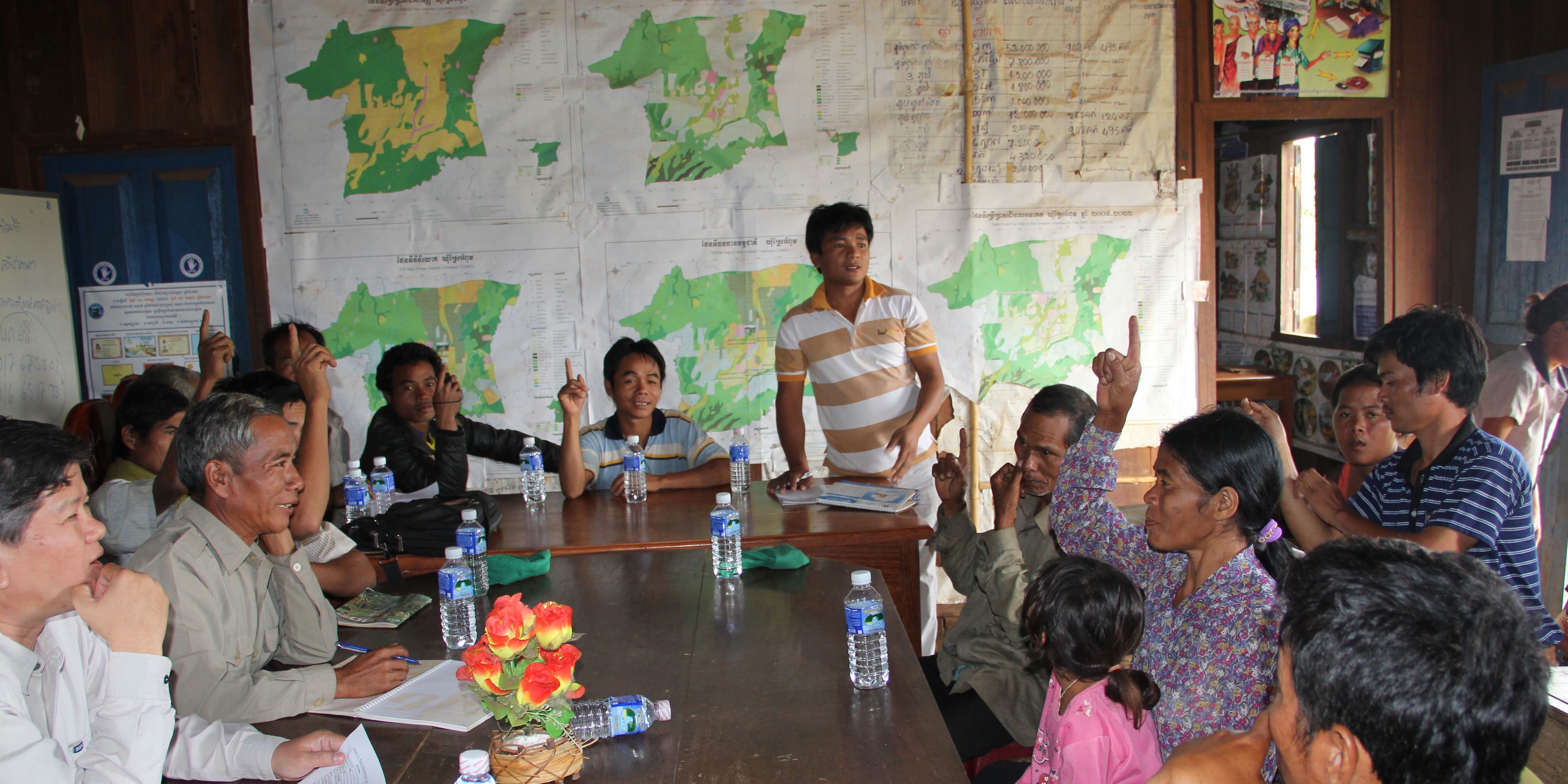Sustainable Development Goals Information
Through its projects, ITTO is helping countries improve socioeconomic outcomes in tropical forests, where hundreds of millions of indigenous peoples and local communities live, often in extreme poverty. In its policy and field work, ITTO:
- Supports efforts to develop economic opportunities for women, young people and other vulnerable groups.
- Encourages community forestry, the development of locally based forest enterprises, local food security, and equitable benefit sharing.
- Helps build capacity in rural communities to manage forests sustainably and add value to forest products, thereby increasing local employment and improving local livelihoods.
- Promotes the economically viable restoration of degraded landscapes and the sustainable production of wood and wood-based energy.
- Enables forest owners and local communities to earn export income from sustainably produced wood and non-wood products.
ITTO works closely with all stakeholders to develop sustainable supply chains, which, among other things, help ensure that forest communities and locally based enterprises capture more of the value of tropical timber production. Social safeguards and gender guidelines are in place to ensure the inclusion of women and vulnerable groups.
ITTO projects:
- Encourage the adoption of agroforestry systems in the margins of natural and planted forests to produce foods and fibre for sale and direct consumption.
- Assist local communities to sustainably manage their natural forests, which are important sources of additional nutrition for families.
- Help empower women to build capacity and develop forest-based enterprises, thereby boosting health and nutrition outcomes for families.
In its policy and field work, ITTO:
- Encourages forest landscape restoration to provide ecosystem services that help support human health and wellbeing.
- Helps local communities grow plantations of forest-based medicinal plants.
- Helps empower women to build capacity and develop forest-based enterprises, thereby boosting health and nutrition outcomes for families.
Forests can be places of learning about the importance of nature in our lives. Education and training on forest management is also crucial to ensure forest sustainability and productivity into the future.
ITTO:
- Builds human resource capacity and strengthens professional expertise in tropical forestry through its Fellowship Programme.
- Supports projects aimed at strengthening forest-related education institutions.
- Publishes the quarterly newsletter, Tropical Forest Update, to promote understanding on the conservation and sustainable use of tropical forests.
- Raises awareness through lectures in its host country, Japan, of the value of tropical forests. Many ITTO-funded projects in the tropics have also run awareness-raising campaigns.
- Supports events related to forest education, including for children.
- Works with members of the Collaborative Partnership on Forests to foster forest education through the creation of a global forest education platform.
- To enhance the integration and mainstreaming of gender considerations in ITTO’s policy and project work.
- To build the capacity of ITTO and its members to promote gender equality and empower women in the tropical forest sector.
- To strengthen the role of women in ITTO’s governance and Secretariat.
ITTO's work recognizes that the full potential of societies and communities can only be unlocked if men and women work and live together in mutual recognition and support within their cultures. Among other things, the Organization funds projects aimed at empowering women in forestry.
ITTO projects:
- Help restore degraded watersheds.
- Encourage reduced impact logging to help protect watersheds.
- Assist countries to manage transboundary watersheds.
- Provide support for the establishment of payment schemes for ecosystem services, such as the supply of freshwater, in the tropics.
The challenge for many tropical countries is to ensure energy security, especially for rural communities and vulnerable groups, where household reliance on biomass energy is still high. ITTO projects:
- Promote the economically viable restoration of degraded landscapes and the sustainable production of wood and wood-based energy.
- Encourage the adoption of agroforestry systems in the margins of natural and planted forests to produce food, fibre and bioenergy for direct consumption and sale.
- Promote the use of wood residues for the cogeneration of energy in forest industries.
In its policy and field work, ITTO:
- Assists and encourages indigenous and local communities to develop forest-based companies that provide high-quality employment and decent incomes.
- Increases transparency in the tropical timber trade, including through the twice-monthly Tropical Timber Market Report and the Biennial Review and Assessment of the World Timber Situation.
- Supports the creation of industrial zones to enable the development of value-added forest-based enterprises providing decent employment.
See more ITTO work on SDG 8, "Decent work and economic growth"
In many tropical countries, however, small and medium-sized forest enterprises often lack the capacity and enabling environment they need to flourish. They face challenges such as inadequate planning, low profitability, and a lack of research and development, marketing skills and access to finance.
ITTO is helping provide solutions to these and other challenges by supporting countries and enterprises to:
- Pursue innovative approaches to the sustainable and inclusive industrialization of the tropical forest sector.
- Improve efficiency in the processing and marketing of forest products.
- Address forest law enforcement, governance and trade.
- Develop legal and sustainable wood supply chains.
- Establish and manage forest plantations.
See more ITTO work on SDG 9, "Industry, innovation and infrastructure"
ITTO projects address challenges in achieving greater equality through livelihood improvement; measures to ensure equitable access and ownership rights; the empowerment of women; land tenure reform; market access; the inclusion of refugees and displaced people in forestry; and legal and sustainable wood supply chains.
ITTO promotes sustainable tropical forest management with the equitable participation of local communities as an effective means for enhancing inclusiveness, socioeconomic development and resilience in human settlements, both rural and urban.
ITTO projects:
- Encourage community forestry in rural areas.
- Help develop locally based forest enterprises—including centres for processing wood and other forest products—in villages, towns and cities.
See more ITTO work on SDG 11, "Sustainable cities and communities"
The increased consumption of sustainable wood products can provide many economic, social and environmental benefits. ITTO is addressing responsible consumption and production by, for example, helping:
- Private-sector companies adopt legal and sustainable supply and production systems.
- Build capacities among small and medium-sized enterprises to better understand and conform with the regulations of the Convention on International Trade in Endangered Species of Wild Fauna and Flora.
- Develop national timber-tracking systems to ensure legality.
- Monitor the implementation of timber legality assurance schemes and the development of forest certification.
- Increase transparency in the tropical timber trade, including through the Tropical Timber Market Report (published every two weeks) and the Biennial Review and Assessment of the World Timber Situation.
See more ITTO work on SDG 12, "Responsible consumption and production"
Through projects and policy development, ITTO is helping stakeholders take the following steps to make this a reality:
- Protect high-conservation-value forests for their ecosystem services.
- Restore degraded forest landscapes for productive uses.
- Increase the capacity of tropical forests to adapt to climate change.
- Improve fire management.
- Manage and use existing productive forests to increase carbon sequestration and avoid deforestation and degradation.
- Promote trade through legal and sustainable supply chains.
Wetlands such as mangroves and peat swamp forests are among the Earth’s most productive ecosystems. They produce many goods and ecosystem services and support the livelihoods of millions of coastal people and ecosystems; they also store globally significant quantities of carbon and reduce the vulnerability of coastal regions to storm surges and other threats.
ITTO projects:
- Help communities to restore and sustainably manage mangroves and other coastal wetland systems.
- Encourage the sustainable management of peat swamp forests.
- Help restore degraded watersheds, thereby benefiting downstream ecosystems in rivers, lakes and wetlands.
ITTO promotes sustainable tropical forest management by:
- Building sustainable forest management capacity in tropical countries through the implementation of field projects.
- Providing a forum for policy dialogue on conserving and sustainably managing, using and trading tropical forest resources.
- Developing policy guidelines on sustainable forest management, forest conservation and the restoration of degraded tropical forests for uptake by countries.
- Working with partners in government, the Collaborative Partnership on Forests, civil society and the private sector to improve forest management, conserve biodiversity and improve local livelihoods.
- Strengthening expertise in tropical forestry through its Fellowship Programme, which has enabled about 1400 young forestry professionals to increase their skills.
- Jointly implementing projects with the Convention on Biological Diversity and the Convention on International Trade in Endangered Species of Wild Fauna and Flora to conserve biodiversity in productive forests.
Sustainable forest management and the good governance of tropical forests promote peaceful, inclusive and just communities. Strong forest institutions can help provide an enabling environment that creates trust among stakeholders and ensures the rule of law.
In its policy and field work, ITTO helps:
- Strengthen forest-related institutional capacity in both the public and private sectors.
- Improve legal frameworks that promote sustainability in forest landscapes, good governance and trust.
- Increase transparency in the tropical timber trade, including through the twice-monthly Tropical Timber Market Report and the Biennial Review and Assessment of the World Timber Situation.
- Promote cooperation among stakeholders involved in sustainable forest management, forest conservation, law enforcement and the trade of tropical timber and timber products.
- Support the humanitarian needs of internally displaced people, refugees and local people through forest restoration.
See more ITTO work on SDG 16, "Peace, justice and strong institutions"
ITTO is a member of the Collaborative Partnership on Forests, which is a coalition of international organizations with substantive programmes on forests. The Partnership’s aim is to promote the sustainable management of all types of forests, strengthen long-term political commitment to this end, and contribute to the 2030 Agenda for Sustainable Development and other internationally agreed development goals.
ITTO also works collaboratively with many other organizations, institutions and communities. ITTO projects and other activities are mostly conducted in collaboration with partners—such as governments, industry, local communities, non-governmental organizations and research institutions—at the local, national, regional and global levels. ITTO’s partnerships foster collective, strategic action to achieve tangible benefits for communities and countries and at the global scale. They address, for example, climate-change mitigation and adaptation; biodiversity conservation; forest restoration; transparency in the tropical timber trade and tropical timber supply chains; the sustainable supply of non-wood forest products and ecosystem services; and the livelihoods of forest-dependent communities. ITTO recognizes that the active participation of stakeholders at all levels is essential for bringing about positive change.
